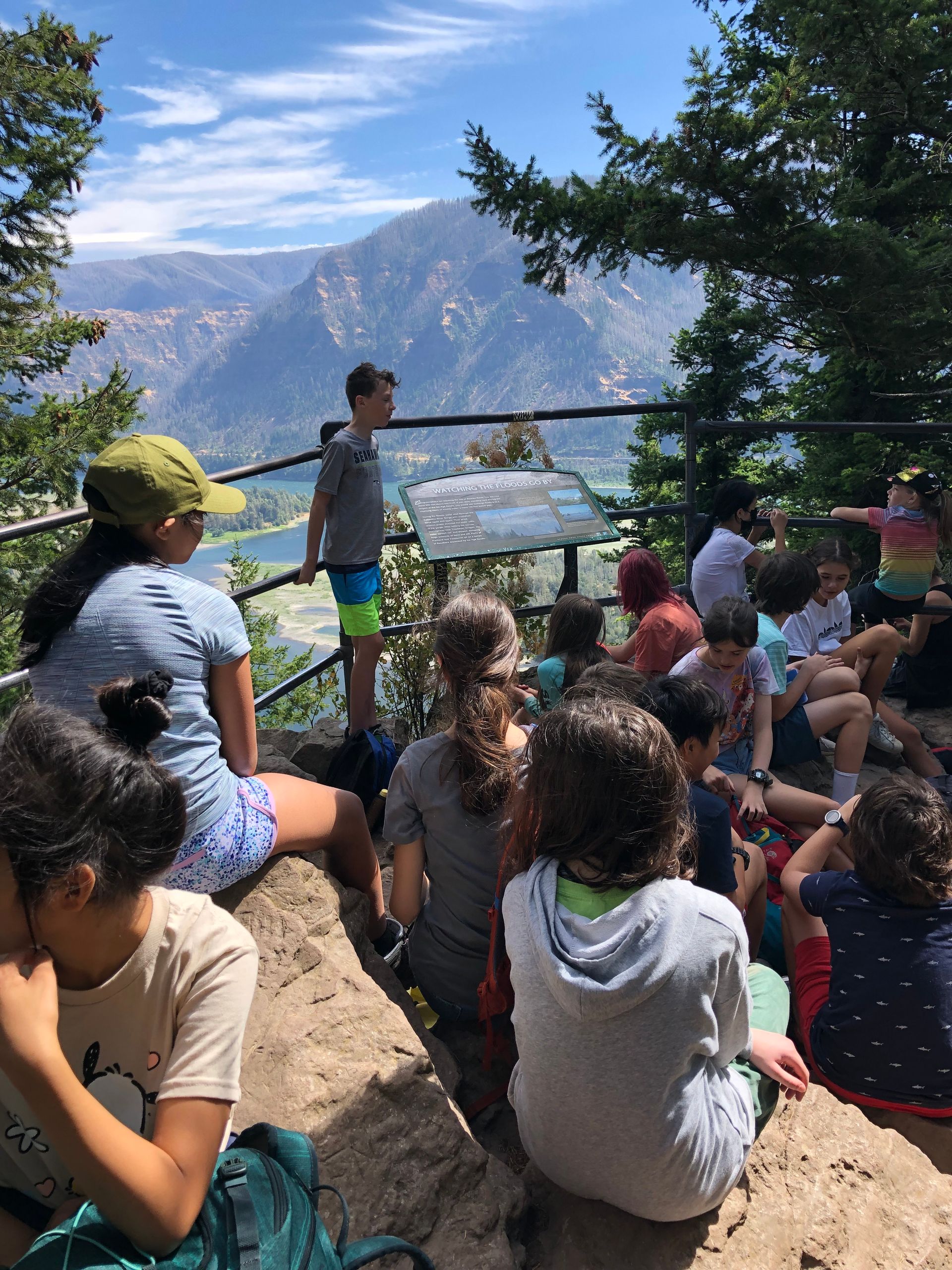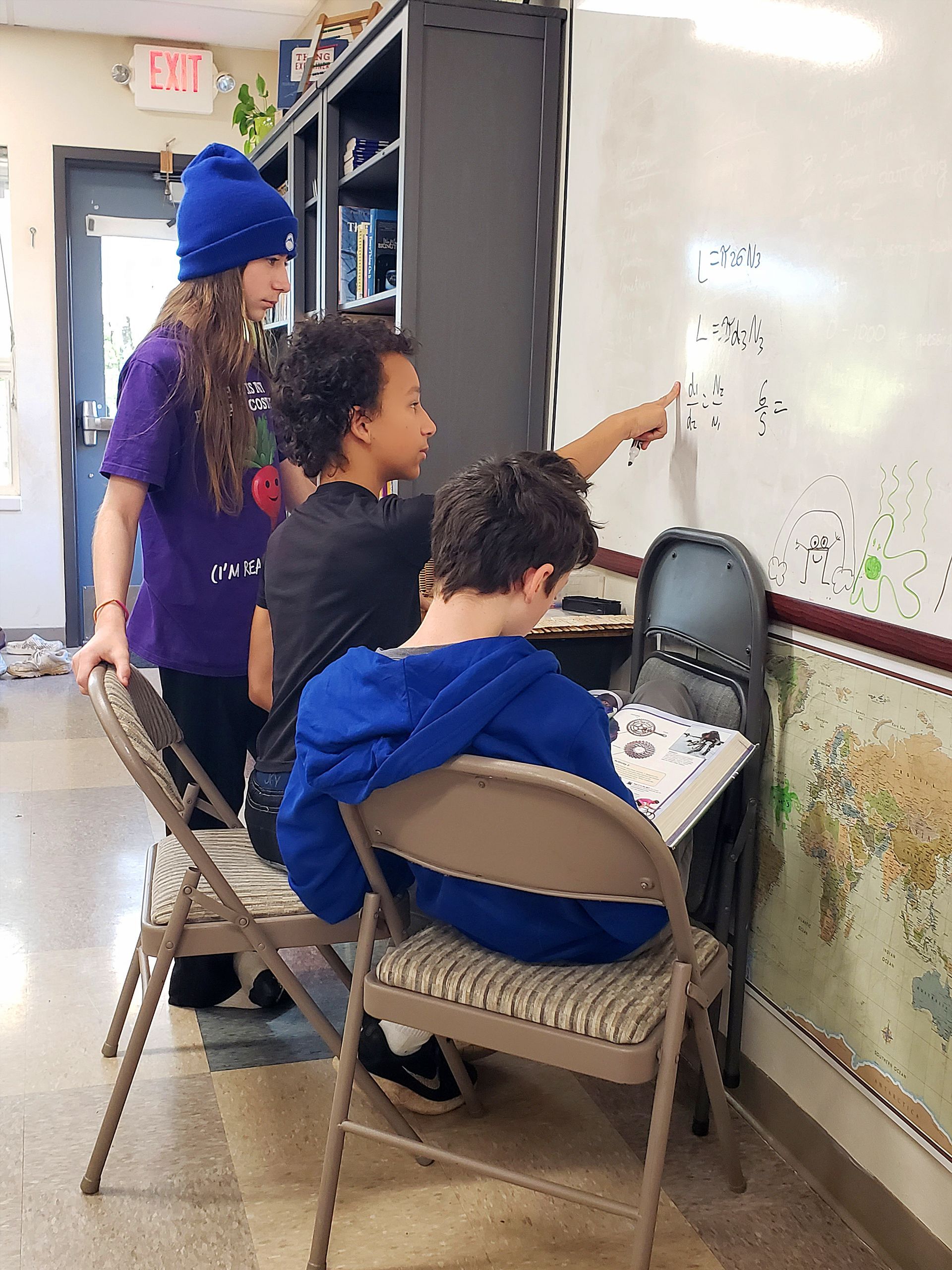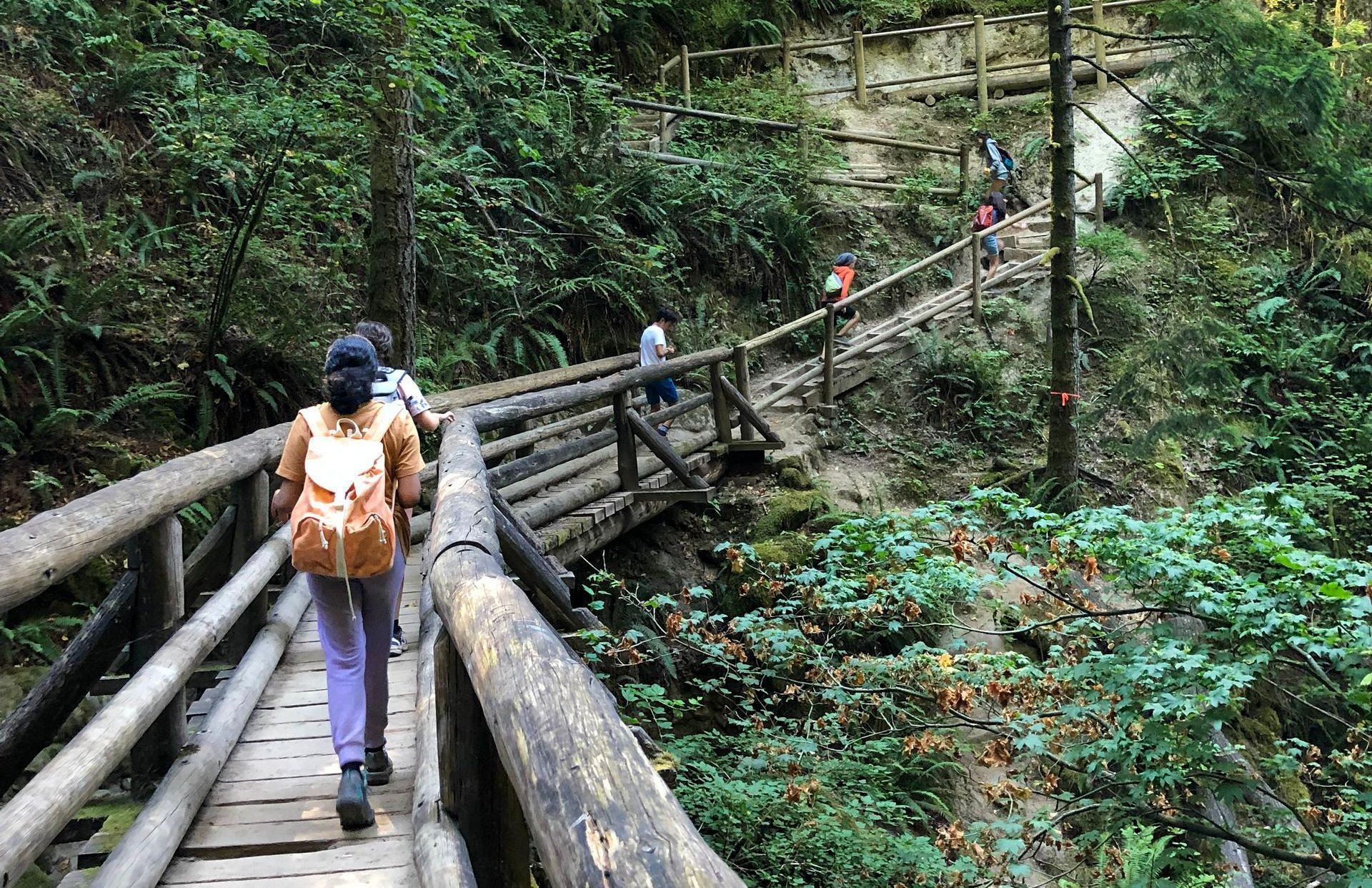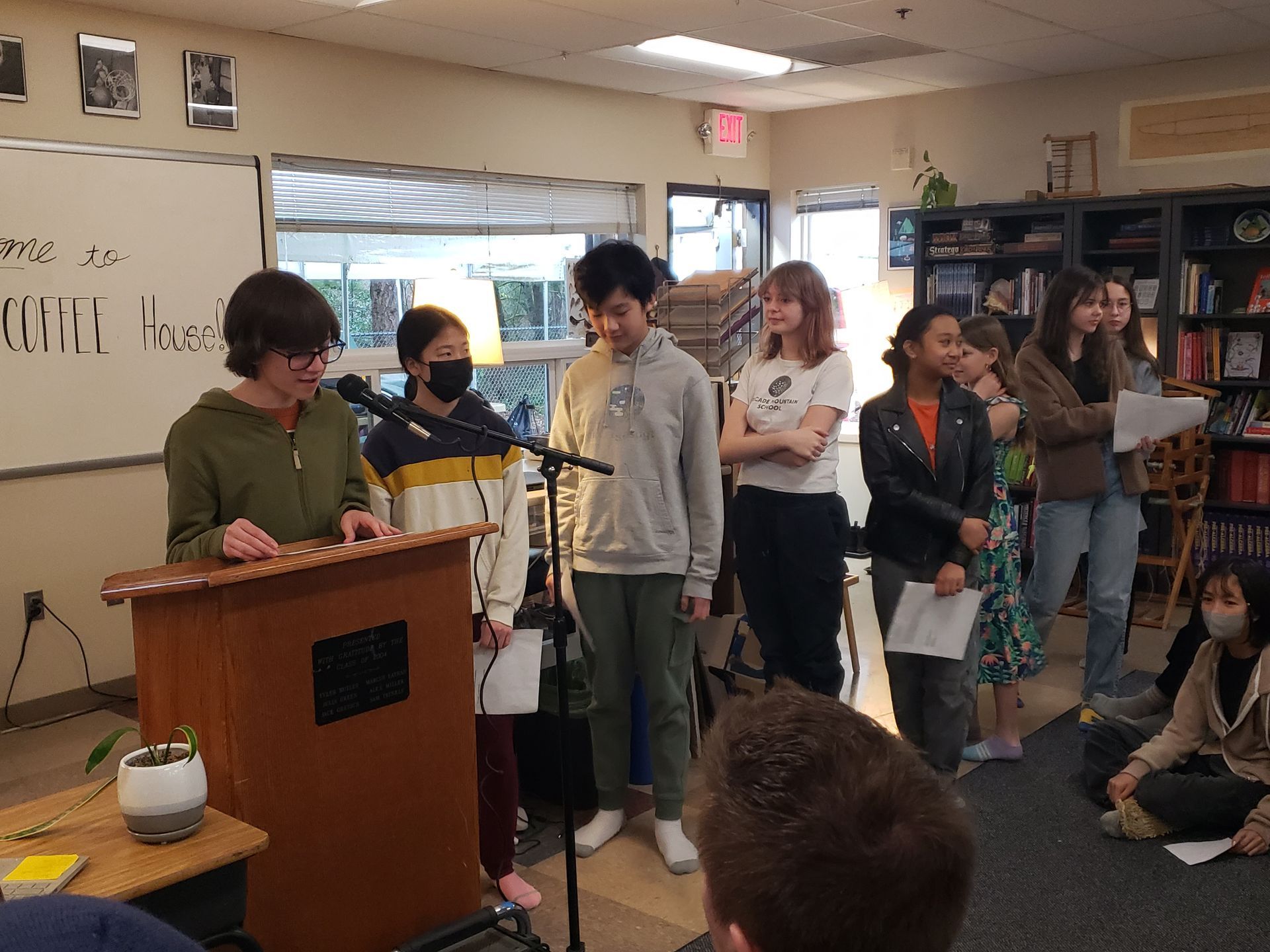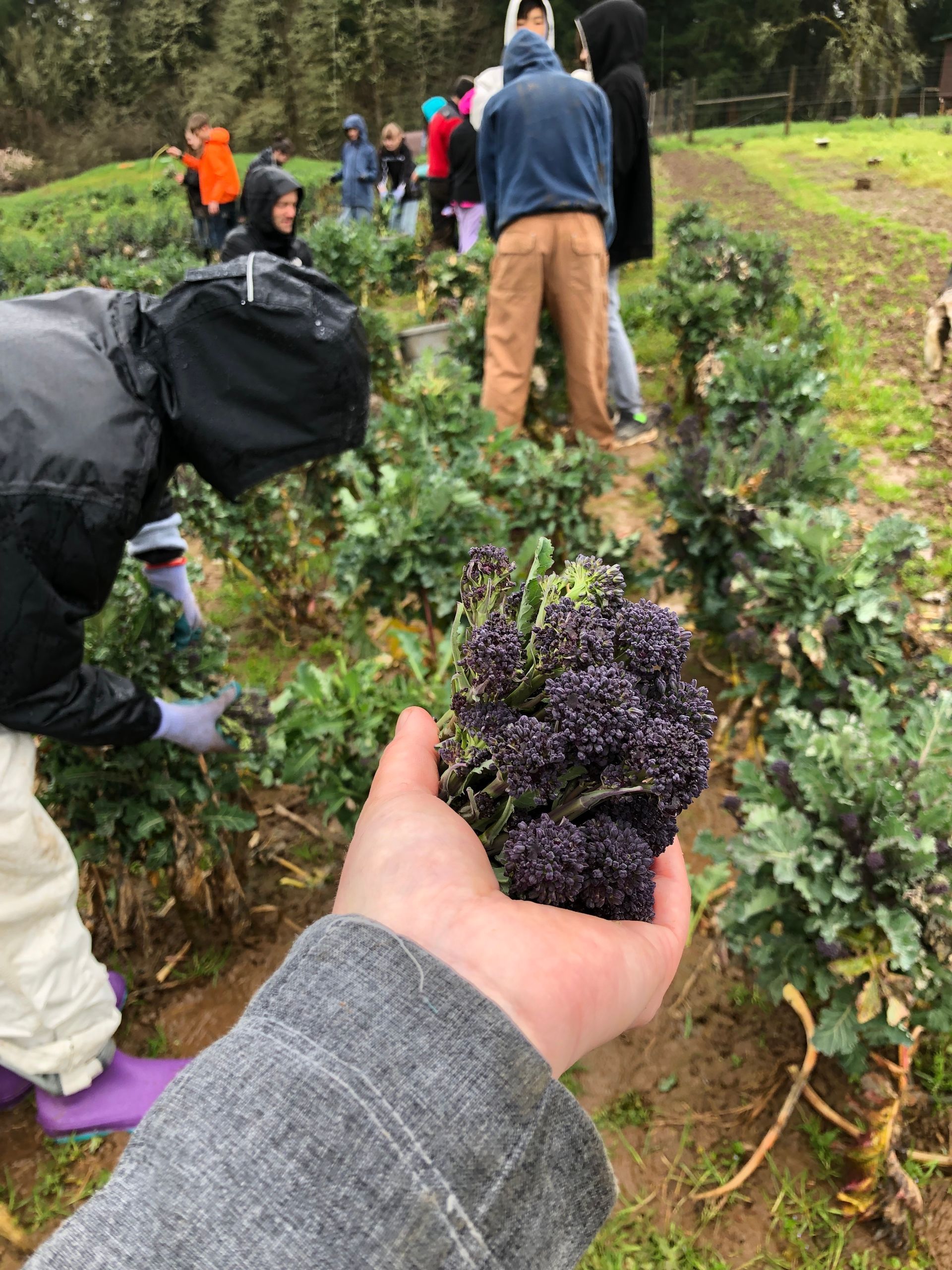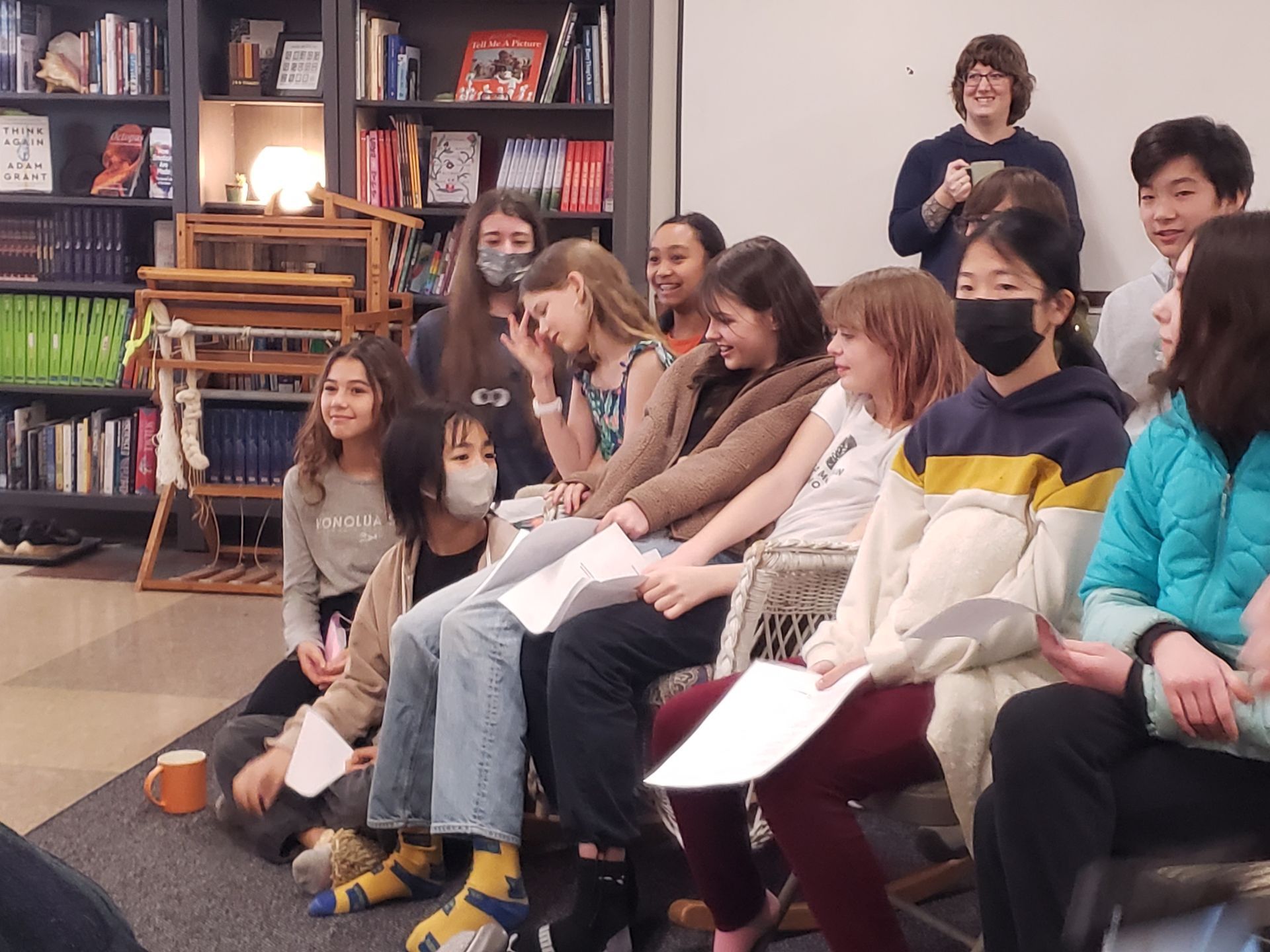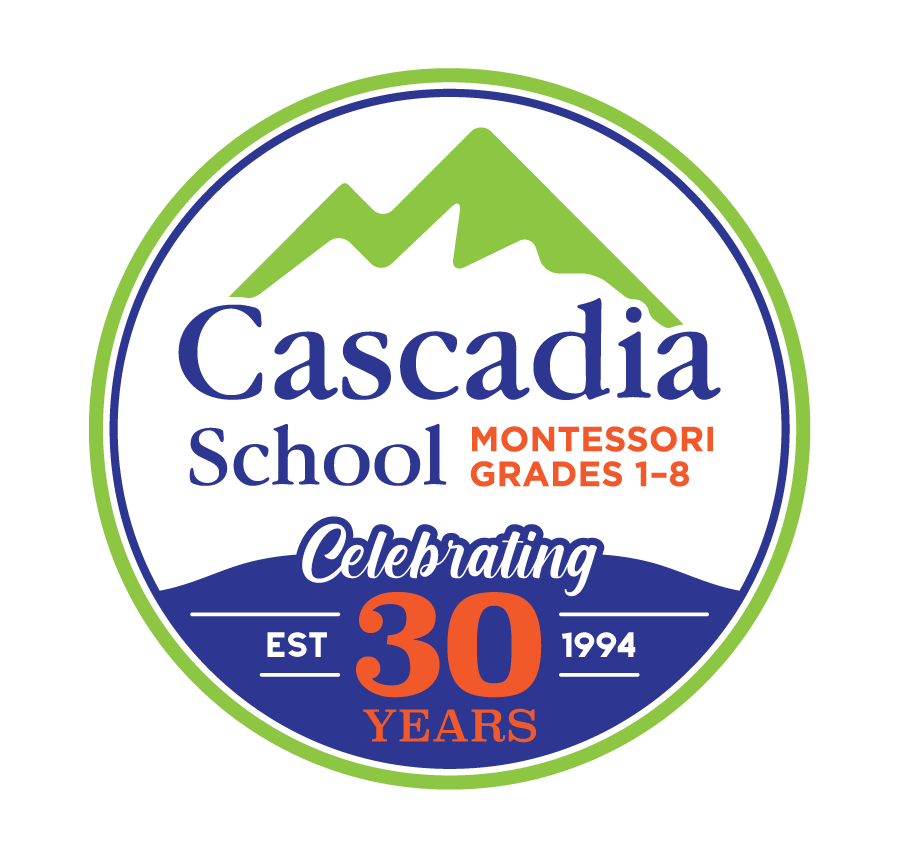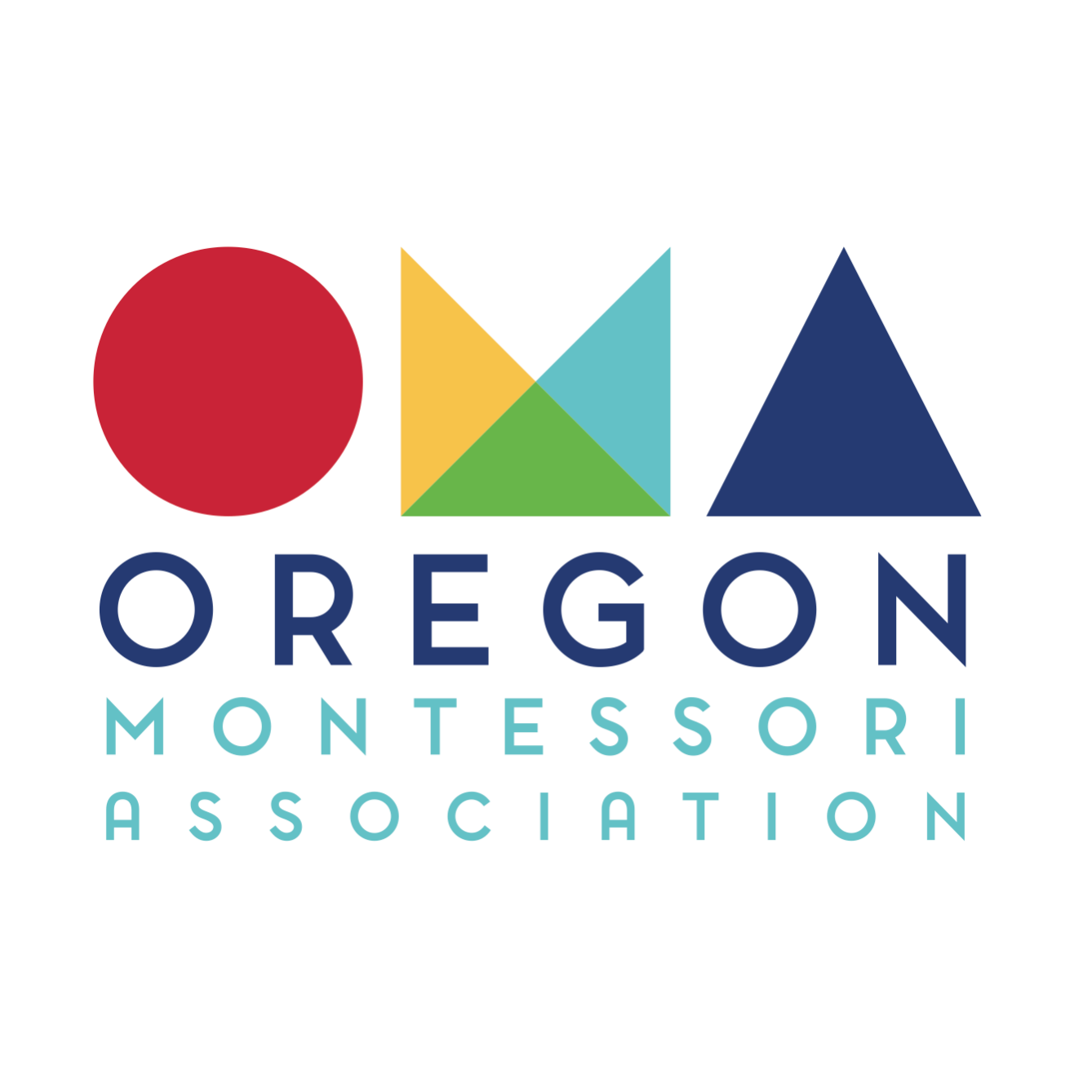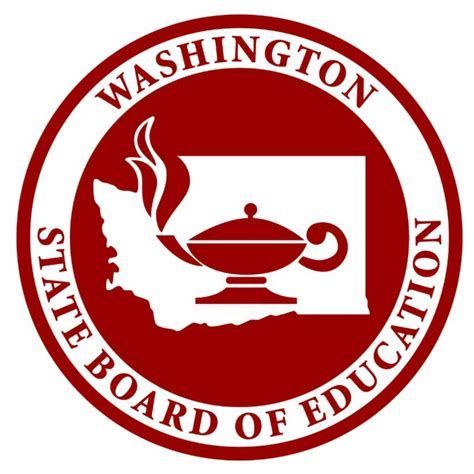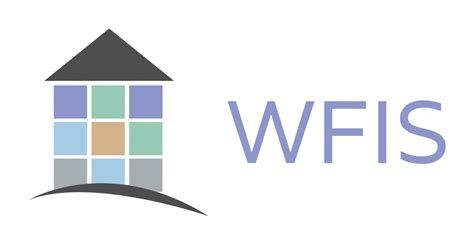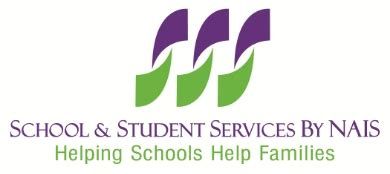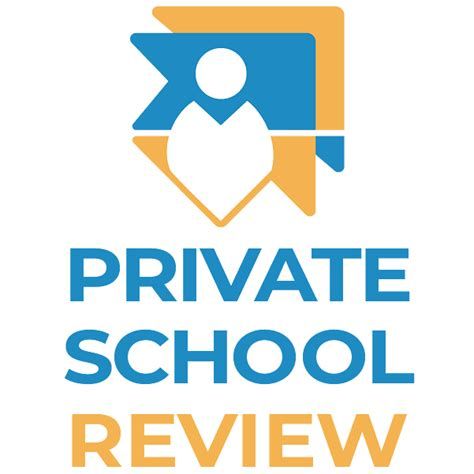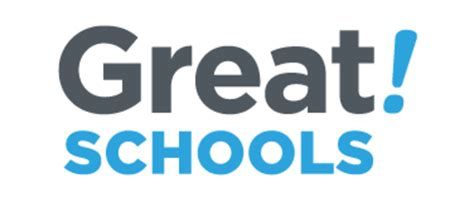Middle School
Journey to Adulthood
grades 7 - 8

Adolescence is a pivotal point in a child’s life. It is the transformation from childhood to adulthood. Maria Montessori called this change a rebirth for the child and one that occurs through a social community. At Cascadia, we provide a nurturing and supportive environment for your child’s transformation. We encourage all students to explore their newly developing sense of self in a community of peers and teachers.
Community & Social Learning
We create social community by:
- Celebrating the inherent value of your child’s individuality, interests, talents, and intelligence.
- Challenging your child academically, emphasizing collaboration, effective communication, cooperation, conflict resolution, and project-oriented work in every subject area.
- Cultivating interpersonal skills by asking that students be on time and prepared for class, be considerate of their peers, be prepared to ask questions and participate in discussions, and be able to work independently for their success and the success of their classmates.
- Viewing risk-taking as a healthy learning opportunity.
Areas of Study
Cascadia supports independent learning. The work in our middle school program is arranged in six week academic cycles. Each cycle has a theme that guides investigations in science, history, literature, and writing. Students participate in a mix of teacher-led lessons, group work, and individual assignments as they explore each subject area.
Year A Cycle Themes Year B Cycle Themes
Connections Forces
Explorations Structures
Identity Power
Systems Changes
Interdependence Balance
In addition to the thematic work, students also engage in math lessons, physical education, independent research projects, electives, and weekly seminars on mathematics and current events.
Proficiency is measured in a variety of ways, such as quizzes, tests, individual and group projects, presentations, discussions, and various writing assignments.
Our Montessori curriculum content has been developed in conjunction with Washington State Standards (which incorporates the Common Core Standards) and Grade Level Expectations (GLE). To meet Washington State Standards, Cascadia incorporates Washington state history, human health, and sexuality (Our Whole Lives framework). We have a two-year looping curriculum that integrates seventh and eighth-grade students. Standardized tests are given annually.
Immersion Weeks
The week between each cycle is called an Immersion Week and presents opportunities for outside of the box activities. Immersion weeks are organized around activities such as work on local small farms, volunteering with local nonprofit organizations, theater intensives, and art explorations. Immersion week activities are grounded in Maria Montessori’s philosophy of giving the adolescents meaningful work and participation in their communities.
Parent Engagement
These are some of the ways we communicate with our current families.
- Transparent classroom (our documentation and communication hub)
- Twice-yearly student-led conferences
- Monthly parent education nights
- Classroom Observations
Supporting Inclusivity
At Cascadia, we believe every child has the right to be included as fully as possible and we strive to support all learners. We see Montessori pedagogy as the best path toward that goal. It naturally builds in accommodations and supports within the prepared environment, as it is innately child-centered and child-paced, allows for the child to move freely within the classroom, and is adaptable to many levels and learning styles.
An inclusive program is not fully inclusive without the involvement of parent(s)/guardian(s), staff, and our wider community. Cascadia is committed to welcoming all students and we work in partnership with families, specialists, and therapists as much as possible to support the needs of each child. We recognize that neurodiverse students may need additional services beyond our trained guides, and as a small non-profit school, Cascadia does not have all the services and resources accessible to larger schools. However, at Cascadia we:
- Utilize assessment tools to monitor all students’ progress with literacy.
- Are willing to partner with therapists to make accommodations for the child such as seating, fidgets, noise-canceling headphones, etc., as recommended.
- Offer direct instruction through a structured literacy model to support emerging readers and children who struggle with literacy.
- Provide Orton Gillingham instruction and on-site tutoring for students with characteristics of dyslexia.
- Partner with outside services, resources, and classes for families when necessary.
Provide instruction and books within the classrooms to create awareness and an inclusive environment for all our students.
“My children enjoy school, have gained confidence and learned a wealth of information and skills with very little stress. That is how learning should be!”
- A Cascadia Parent
Ready for the Future
At Cascadia, we strive to prepare your child for the array of new experiences ahead in high school.
Contemporary research shows that high school students achieve best when their rapidly changing sense of self has been nurtured within a small, supportive group of peers. Your child receives this nurturing in the Cascadia Middle School program.
Our experience has shown Cascadia graduates readily form new friendships with peers and teachers in their new schools.
If you think your child would thrive in a Montessori environment, give us a call or schedule a tour online. We would love for you to visit our school and learn more.
PROGRAMS
Cascadia School is a 501(c)(3) Nonprofit Organization
Privacy Policy | Accessibility
Cascadia School
Cascadia School
